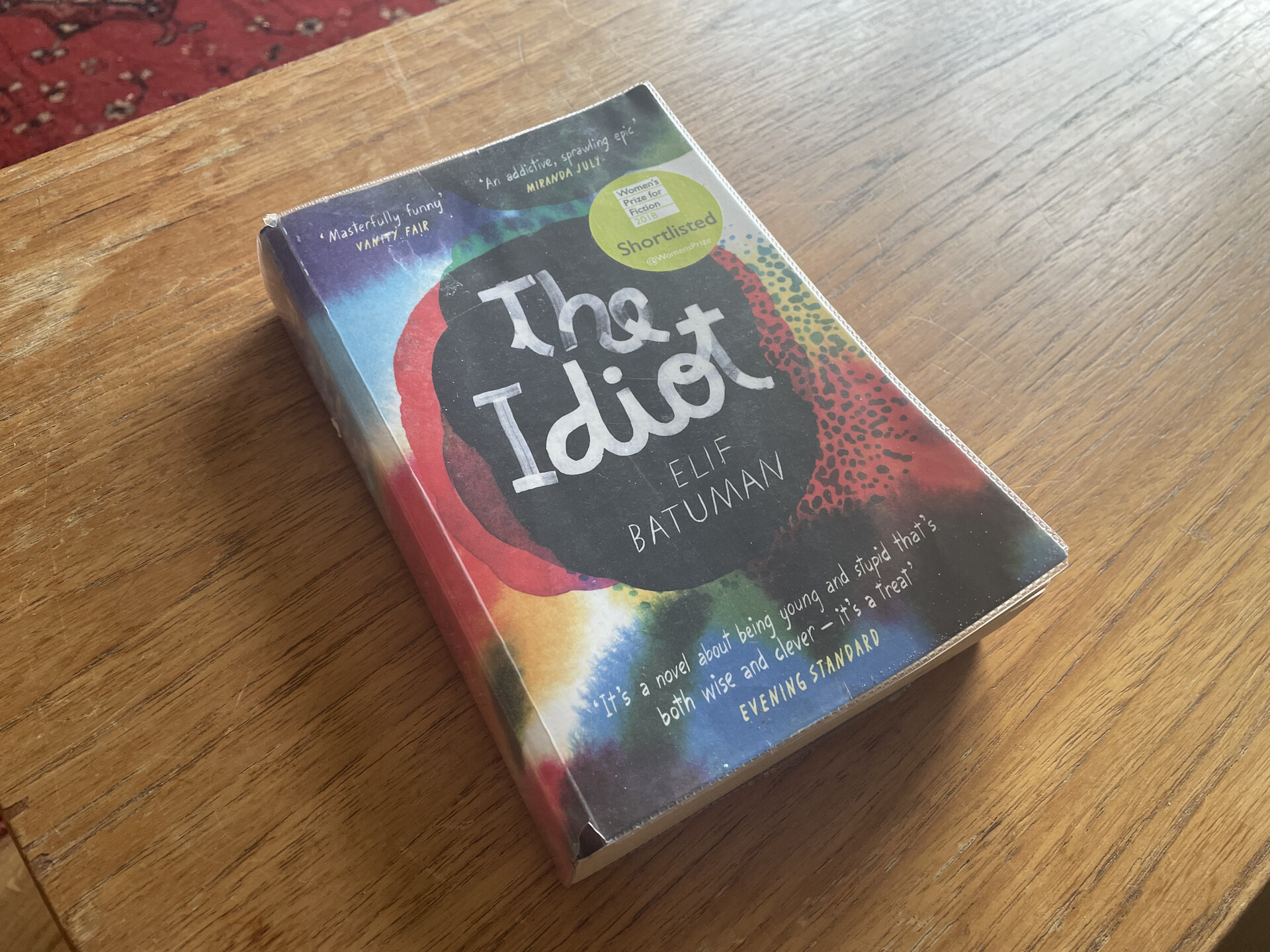The Idiot
by Elif Batuman
Published 2017 423 pages
The second train was more crowded, and smelled of the human condition.
I am literally all about books like this. Someone fumbling their way through the world burdened by like comically vast naïveté. It me! Maybe that's a little selfish: I like this book because it feels like it's about me, specifically.
Selim has just arrived at Harvard. She's struggling to understand her place, what she's meant to do, who she's meant to meet and what to say to them when she does. She's directionless and adrift. What sets this bildungsroman from other bildungsromans is that, over the course of the book, she doesn't find her feet or her direction. She ends up basically where she started, richer in experience but not in insight. She falls for an emotionally immature guy called Ivan from her Russian class; they don't really talk about anything but she gets tangled up in the emotions of her first love. It feels immature and circular and baseless—but crucially, it feels real!
“I thought how wonderful it would be to walk around with him until the following morning. I really felt that way, even though he stressed me out so much, and all we ever did was mishear each other and say “What?” all the time.”
She's sort of talked into going on an English-teaching program in Hungary to be near Ivan, who is spending the summer with his family in Budapest. But once she's there, they're barely in communication. Selim makes friends with locals but mostly she staggers from one episode to the next.
The episodes are funny, too—they highlight an undercurrent of absurdity among young people out of their element (and about people of all ages more generally). Where Selim thinks that everyone but her has got it figured out, the reader understands that no one really does. That tension drives the book and makes it so exciting to read.
"It was a mystery to me how Svetlana generated so many opinions. Any piece of information seem to produce an opinion on contact. Meanwhile, I went from class to class, read hundreds, thousands of pages of the distilled ideas of the great thinkers of human history, and nothing happened. In high school I had been full of opinions, but high school had been like prison, with constant opposition and obstacles. Once the obstacles were gone, the meaning seem to vanish too."
It's like being a young person again. Maybe I'm susceptible to this kind of thing because of how nostalgic I tend to be.
The main criticisms of this book seem to revolve around the sparseness of plot or action—but that’s the point! She’s just living her life, talking to people and coming to terms with herself. Would it have been easier for you to read if it turned out that she was the chosen one and had to go on a quest? The minutiae is the story!